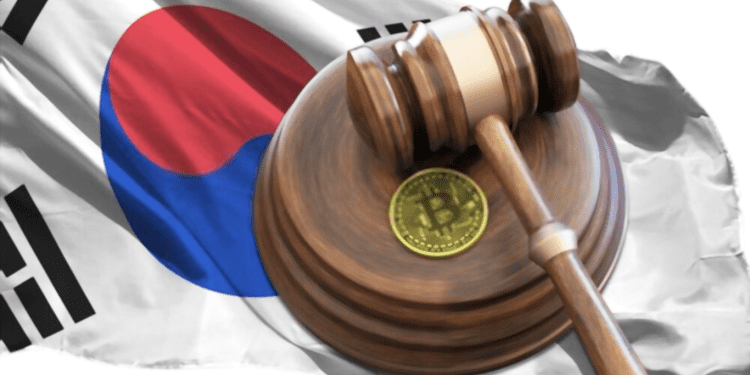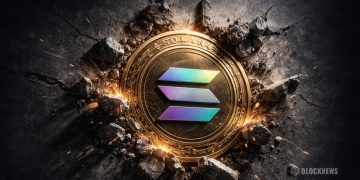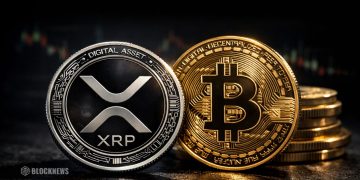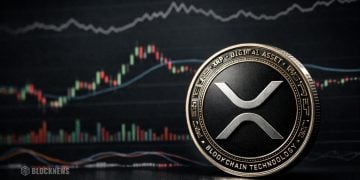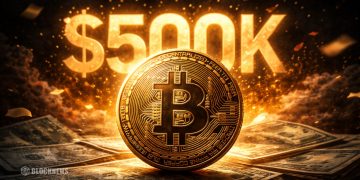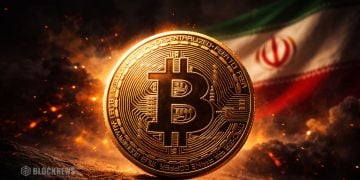South Korean lawmakers plan to increase laws in the wake of the Terra (LUNA) collapse and the Terra US Dollar (UST) depegging last April and May, focusing on protecting virtual asset investors and increasing penalties for unethical trading practices.
The Financial Services Commission (FSC) and the National Assembly are reportedly passing a bill allowing financial authorities to monitor and punish unfair trading practices, such as price manipulation, withholding information from buyers, and fraud. This proposal will also include a strict overwatch on cryptocurrency exchanges.
While there are currently 14 separate bills covering cryptocurrencies and other digital assets within the National Assembly and protection called the Digital Asset Basic Act in the works, this new law will ensure greater investor security as soon as 2023 begins.
According to a roughly translated press report citing an unnamed National Assembly official:
“In the United States, unjust trade in virtual assets can be punished without separate law because the Securities and Exchange Commission (SEC) wields wide-ranging powers. However, in Korea, comparable legislation is necessary.”
Even if particular consequences for each form of misconduct remain unknown, they are likely to create in a way that aligns them with those of the traditional financial sector.
Terra Still in the Hot Seat
Interpol has put Terra co-founder Do Kwon on its Red Notice list, urging authorities to identify and imprison him. In September, South Korean leaders sought an arrest warrant for Kwon, which was later dropped. The following month, the South Korean foreign ministry demanded it is annulled.
To prevent the use of digital assets in money laundering, the FSC announced at the end of October that it would keep an eye on “crypto whales” with more than 100 million won, or $70,000.
After the fall of the LUNA and UST cryptocurrencies in May 2022, crypto exchanges such as Coinbase and Binance immediately delisted them when they went below $1.
A few weeks later, Terra was forked into a new token called Terra Luna Classic (LUNC in Binance, LUNAC in other exchanges). However, this token was now only backed up by LUNA “survivors,” also known as “LUNAtics,” who still did not sell their tokens even after the collapse. LUNC got relisted to Binance but only in BUSD. The depegged UST also returned under the new ticker USTC which was only available for BUSD exchange. Other exchanges started to bring these two cryptocurrencies, except for Coinbase.
However, after the disaster, those who put their money into LUNC saw more than 100% gains, starting from $0.00004 to its all-time high of $0.00059300. It is now sitting at the $0.00022 zone as of publishing.
Meanwhile, Do Kwon released a second version of the failed Terra called Terra 2.0 under the ticker LUNA. It began at $8 but quickly fell to its lowest of $1.7. In September, it pumped hard for more than 200% coming from $1.75 to $7.6.
The crypto communities still debate the legitimacy of Terra, especially now that South Korea is on the hunt for its co-founder. Meanwhile, Terra 2.0 saw new partners for complete projects, and Binance included a burn tax feature for the LUNC community.


